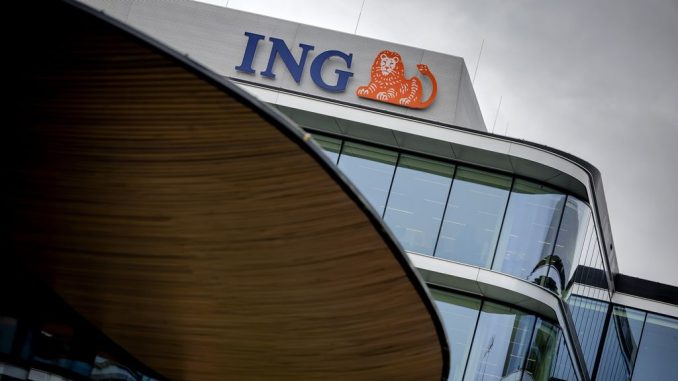
Profit Surge for Major Dutch Banks Amidst Economic Challenges
The Dutch major banks recorded staggering profits in contrast to the troubled economic landscape. ABN Amro and ING witnessed significant profit increase in the third quarter of this year despite the country facing a shrinking economy and global tensions.
ABN Amro’s Robust Performance
ABN Amro’s net profit for the first nine months of this year soared to 2.2 billion euros, marking a remarkable 42% surge compared to the same period last year. This substantial growth has been attributed to increased income from high interest rates, augmented mortgage and business loan issuance. The third quarter alone saw a 2% rise in profit, reaching 759 million euros.
ING’s Steady Profit Growth
ING, on the other hand, celebrated the second consecutive quarter of doubling profits. The first three months witnessed an astounding tripling in profits. As a result, the bank announced plans to buy back 2.5 billion euros worth of its own shares, providing shareholders with increased profit.
Challenges and Warnings
The surprising surge in profits comes amidst the Dutch economy being in recession. While the banks haven’t felt a direct impact yet, they have flagged unpredictable repercussions of the ongoing conflicts in Ukraine and the Middle East. Any escalation in these conflicts may lead to adverse effects on oil prices, potentially dampening economic conditions.
Rising Savings Interest Rates
After years of minimal returns, savings interest rates are showing a slight uptick. The three major Dutch banks – ING, ABN Amro, and Rabobank – offer savings interest rates ranging between 1.5% and 2%. This rise has prompted some customers to shift their funds to products offering higher returns.
Competition and Regulatory Scrutiny
While there is a perception of limited differentiation in interest rates among the major banks, the Netherlands Authority for Consumers and Markets (ACM) has initiated a study into the Dutch savings market. Both banks are complying with the investigation, with ABN Amro CEO expressing willingness to fully cooperate.
Exploring Savings Alternatives
Meanwhile, the Belgian government has introduced an alternative for savers dissatisfied with low bank interest rates. This initiative allows individuals to invest in government debt instruments, offering higher interest rates. ING Belgium witnessed significant participation in this program, with over 634,000 Belgians investing nearly 22 billion euros in the government bonds.

Be the first to comment